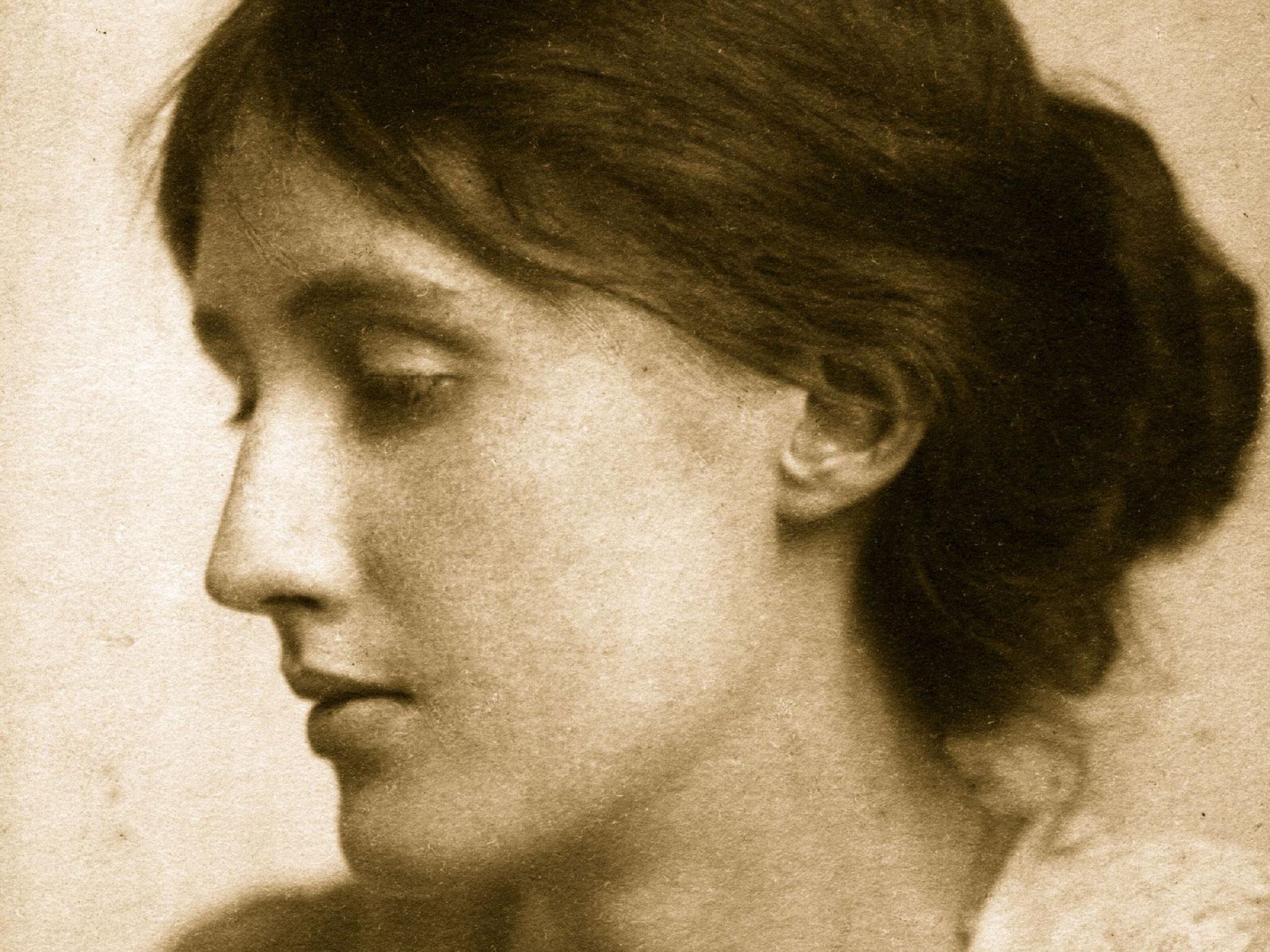Mrs Dalloway by Virginia Woolf, book of a lifetime: Drawn in from the very first sentence
If Mrs Dalloway is a book of a lifetime - it is a book for a lifetime too

When I was 17 or thereabouts, I began to suspect (with no small dread) that I might be a writer. I hadn't a clue how this would come about but presumed I would have to wait until I had found a bigger life: the sort of life that had brought about the novels I had been reading. I would need to get down and out in Paris perhaps; or find Grand Central Station, where I could sit down and cry. It all seemed way beyond my reach, so I decided to put matters on hold.
About a year later, I picked up a book called Mrs Dalloway. I presumed it must be a book aimed at old ladies, a sort of novelistic Woman's Weekly. Who was this woman anyway? And why did she have to buy flowers herself – or even buy flowers at all? No woman I knew in 1970s Dublin ever bought flowers, unless they were going to a funeral. And yet, there was something in that very first sentence, those few opening notes. My ear was drawn in … and then bang! Suddenly, I was inside this woman's head. I was a camera slotted behind her eyes; an eavesdropper on her innermost thoughts. I was with her every step of the way.
Inspired by Woolf, encouraged by Joyce who had already created Leopold Bloom for Dublin, I have approached almost all of my novels in this fashion: take one location on a particular day, spread it out on the writer's workbench of my mind, lower my character into it, insert camera and listening device and … let 'em at it. When choosing a book for this piece, I wavered between Mrs Dalloway and Ulysses – two great city books. I have chosen the former because ultimately Joyce's Dublin, for all its magnificent women, is a city that beats with a masculine heart and thinks with a masculine mind. Mrs Dalloway's London, on the other hand, is all woman. Of course, there are male characters – think of poor Septimus Smith, the broken flower of English post-war manhood – but biologically and emotionally, from first sentence to last, Mrs Dalloway is a female experience.
When I first read it I was the same age as Clarissa's daughter Elizabeth, and every time I have read it since I have related to another woman whose age has coincided with my own. Now I am Clarissa's age, with more years behind than before me. If I am lucky I could make it to the age of Helen Parry; then her concerns would be my concerns. If Mrs Dalloway is a book of a lifetime – it is a book for a lifetime too.
Christine Dywer Hickey's novel is 'The Lives of Women' (Atlantic).
Join our commenting forum
Join thought-provoking conversations, follow other Independent readers and see their replies
Comments